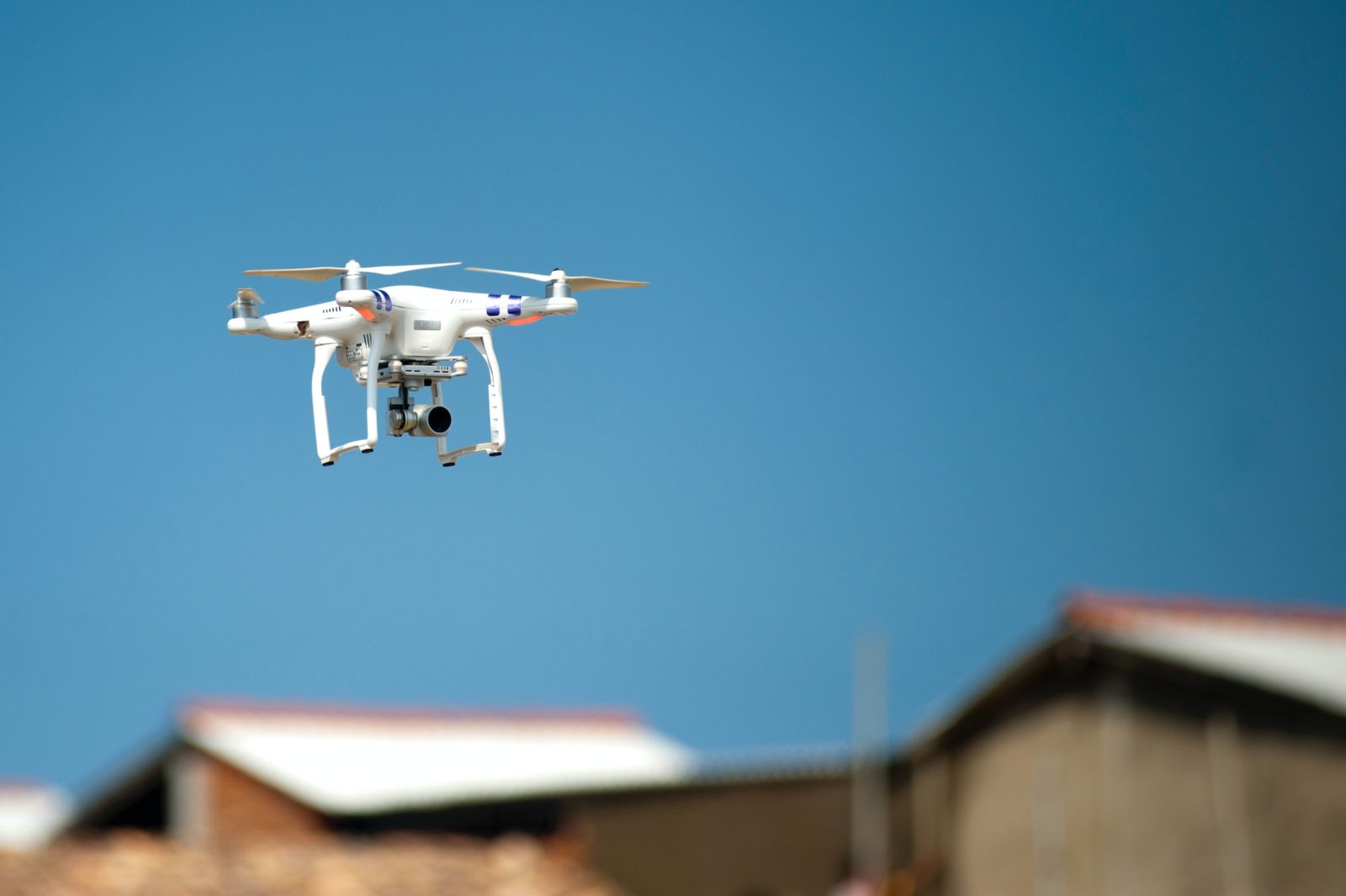A team of the Brno University of Technology, developers, and army specialists from the University of Defence are working on a unique system to replace reconnaissance soldiers with drones and ground robots controlled by artificial intelligence. The system, presented at the Brno military technology fair Idet, can explore 500 square meters at once and is equipped with ten drones and two ground robots.
Artificial intelligence allows technical systems to react to stimuli from the surrounding environment, solve problems, and achieve specific goals, monitor the numbers of people and equipment and radioactivity. The commander of the reconnaissance team already receives evaluated data on their tablet. The system will be fully autonomous and operate without direct human control, and before being deployed, it will already know which tasks it will complete.
The new system will be ready for deployment in 2025, and drones and ground robots can be added to the system to expand the searched area further. The system can detect anything, depending on the drones’ detectors. It can use thermal cameras to determine the number of soldiers or specialized measuring devices for detecting radioactivity.
If the drones detect radioactivity, the artificial intelligence immediately sends a ground robot of the Orpheus type to the site. The robot, developed by Professor Luďek Žalud’s team at the Brno University of Technology for two decades, refines the measurement, takes samples, retrieves data, and assesses all risks. The artificial intelligence can even find enemy military equipment that is camouflaged.
Specialists from the University of Defence are calculating the appropriate system settings to ensure that artificial intelligence can change the course of the drone swarm directly during the mission. Although it may look like a strategic computer game, it is not simple. Mathematics plays a crucial role.
Reconnaissance soldiers will undoubtedly remain an integral part of every army, but their work could become much safer thanks to Czech research.





